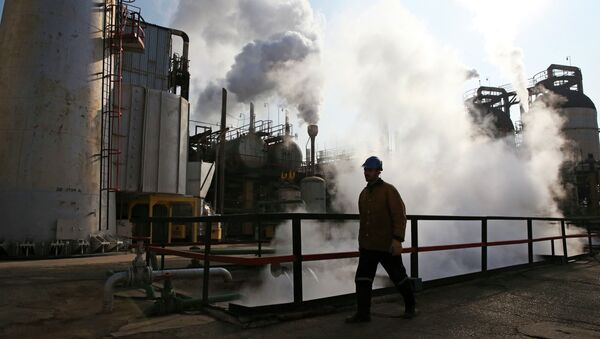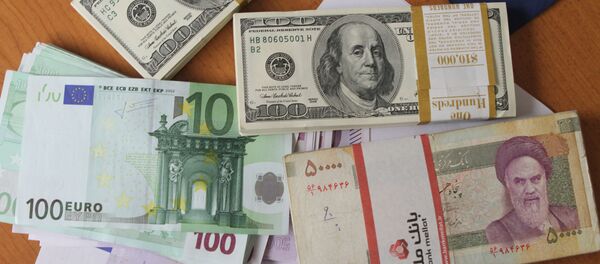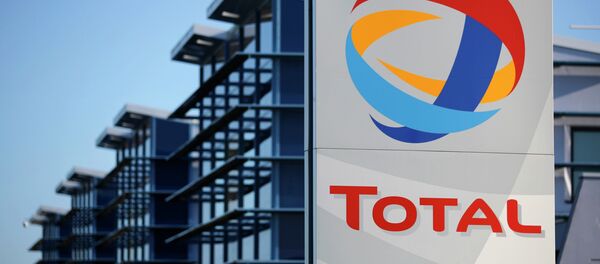The minister added that the contract will be officially signed on February 16.
In addition to purchasing Iranian oil, "Total has indicated its readiness to take part in the development of South Azadegan oil field and Iran LNG project," he was quoted by PressTV.
The necessary information on the projects will be provided to Total, and then the French oil giant will offer its proposals to the Iranian side.
"This means that we have not reached an agreement to put them in charge of the project, but the agreement is for Total to carry out necessary studies on these projects," Zangeneh said.
The minister also hinted that Italy’s Eni has also expressed interest to work in the Iranian oil sector.
No contract with Italy has been signed though. However, according to the minister, Eni’s representatives will son visit Tehran in order to sign a deal for purchasing crude.
Earlier, Iranian oil ministry’s news agency SHANA reported that Tehran is adding final details to the new format of oil contracts, known as the Iran Petroleum Contracts (IPC), to attract more international investment in the country’s oil industry.
The IPC is expected to replace buyback deals. Under a buyback agreement, the host government agrees to pay the contractor an agreed price for all volumes of crude the contractor produces. But under the IPC, NIOC will set up joint ventures for oil and gas production with international companies which will be paid with a share of the output.
In November, officials from over 100 energy companies, including BP, Total, Eni and Repsol, attended a conference on the IPC in Tehran.
The removal of sanctions may also trigger at least $50 billion a year in foreign investments in the country’ economy, central bank governor Valiollah Seif told Bloomberg.
Europe is currently Iran’s biggest energy partner. In late-January, The Wall Street Journal reported that Iran agreed to lower price of its crude for Europe, following the similar move by Saudi Arabia. At the same time, Tehran increased crude prices for Asia where it is expected to target India, the Asia’s fastest-growing oil consuming market.




